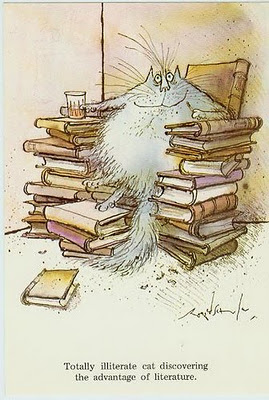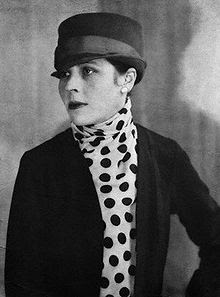E. F. Benson Mrs Ames (1912 [2010])
The smaller a piece of news was, the more vivid was her perception of it, and the firmer her grip of it: large questions produced but a vague impression on her. [on Mrs Altham]
Ah, the familiar vicissitudes of village life. But Mrs Ames is no charming Mapp and Lucia prequel. As the novel opens, Mrs Ames has seen off all rivals and is the undisputed queen-bee of Riseborough. There is some wonder among their set about how she has accomplished this:
In appearance she was like a small, good-looking toad in half-mourning; or, to stated the comparison with greater precision, she was small for a woman, but good-looking for a toad.
Mrs Ames is now 55 years old; her husband ten years younger. Her character is neatly summed up:
She felt that there was no call on her to gratify any curiosity that might happen to be rampant. She also felt that the chief joy in the possession of a sense of humour lies in the fact that others do not suspect it.
And this, one might suggest, will be Mrs Ames' downfall, for trouble looms on the horizon with the new doctor's wife Mrs Evans - "the fortunate possessor of that type of looks which wears well": "To fire the word 'flirt' at her, point-blank, would have been a brutality that would have astounded her." But, flirt she does, and a slowly drawn out version of chaos - and scandal - is the result as she attempts to capture a new male interest in her honeyed traps.
Unfortunately, her main target - the handsomest man in Riseborough - is Major Ames: "Merely an Odysseus who had never voyaged wondered what voyaging was like."
Major Ames was not really an untruthful man, but many men who are not really untruthful get through a wonderful lot of misrepresentation.
How will Mrs Ames extricate her husband from Mrs Evan's coils? And what role do the suffragettes have to play in the denouement? The suffragettes, incidentally, give Benson an excuse for a long rant on the topic, not all as positive in tone as this little bit:
Most of the members were women, whose lives had been passed in continuous self-repression, who had been frozen over by the narcotic ice of a completely conventional and humdrum existence.
E. F. Benson has the art of the vicious caricature down pat and I found the misogyny of Mrs Ames a bit hard to take in places (yes, yes, of the times, but I still don't have to like it). This is quite a mournful little tale all in all.
Rating: 7/10.

























